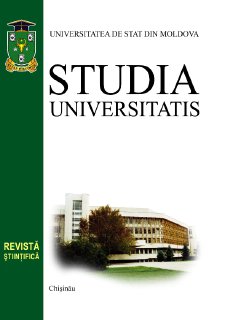REDEFINING SUSTAINABLE DEVELOPMENT IN THE CONTEXT OF TRANSDISCIPLINARY PARADIGM
Igor PRISAC, Dean of Management and Foreign Language at Divitia Gratiae University, Ioan G. POP, Emanuel University from Oradea
Abstract
The authors addressed the issue of defining sustainable development using a transdisciplinary approach, as well
as systemic, process-oriented, and synergetic approaches.
Sustainability must be analyzed and evaluated in the context of five crises and transitions: 1) geopolitical transition; 2) energy transition; 3) climate transition; 4) demographic and medical transition; 5) technological transition. In
this sense, we introduce the concept of multiple crises to reconfigure, in a transdisciplinary manner, the three aspects
of sustainable development: resilience, viability, and disaster/crisis. By understanding the dynamics of sustainability,
we can identify the types of strategies and ongoing development that could be implemented through technology, science, education, state regulations, and entrepreneurship. The concept of sustainable development, formulated by the
UN in the 1980s, is insufficient in providing a comprehensive solution for addressing more sustainable development
and ecological issues. Therefore, the authors propose a new perspective and approach to the concept through the
transdisciplinary paradigm.
Keywords: sustainable development, circular economy, polycrisis/permacrisis/metacrisis, non-resilient transitions, sustainable development dynamics matrix.


